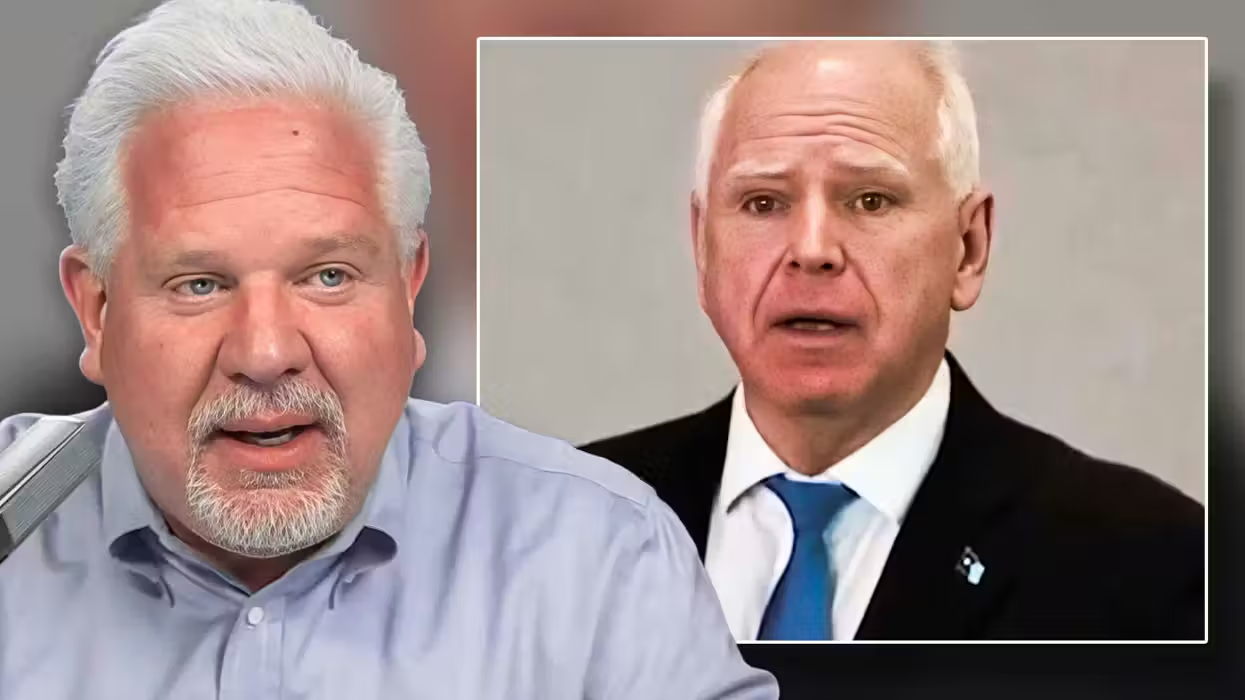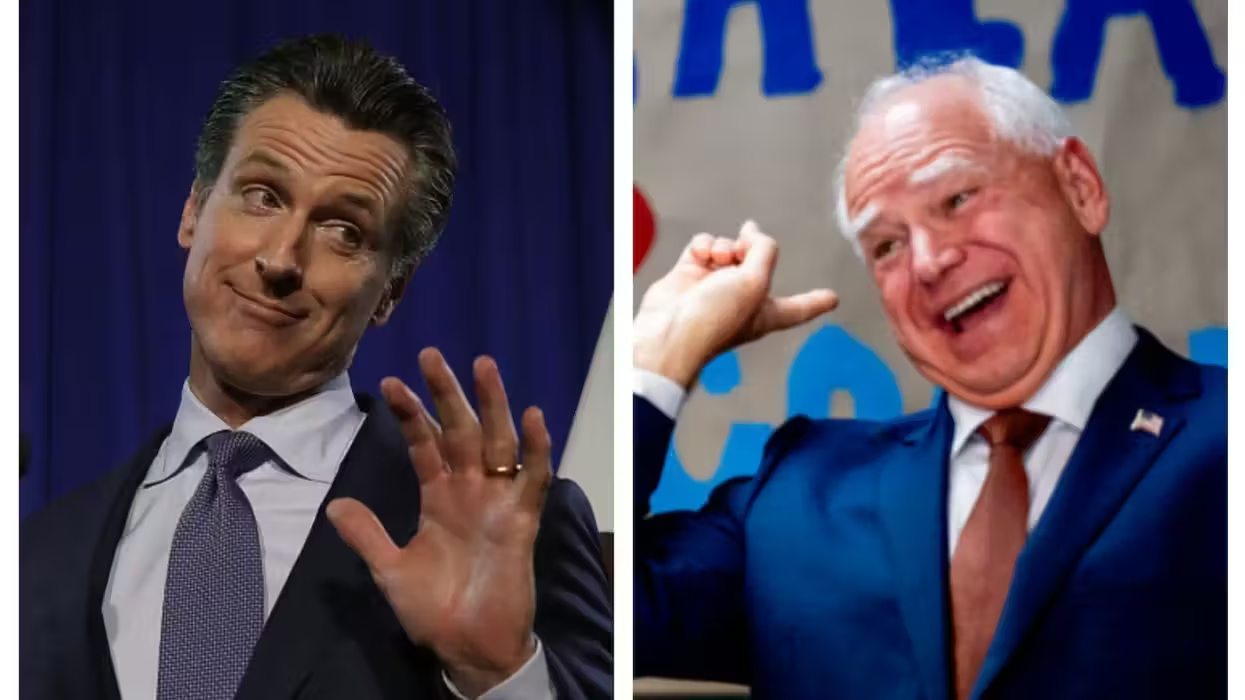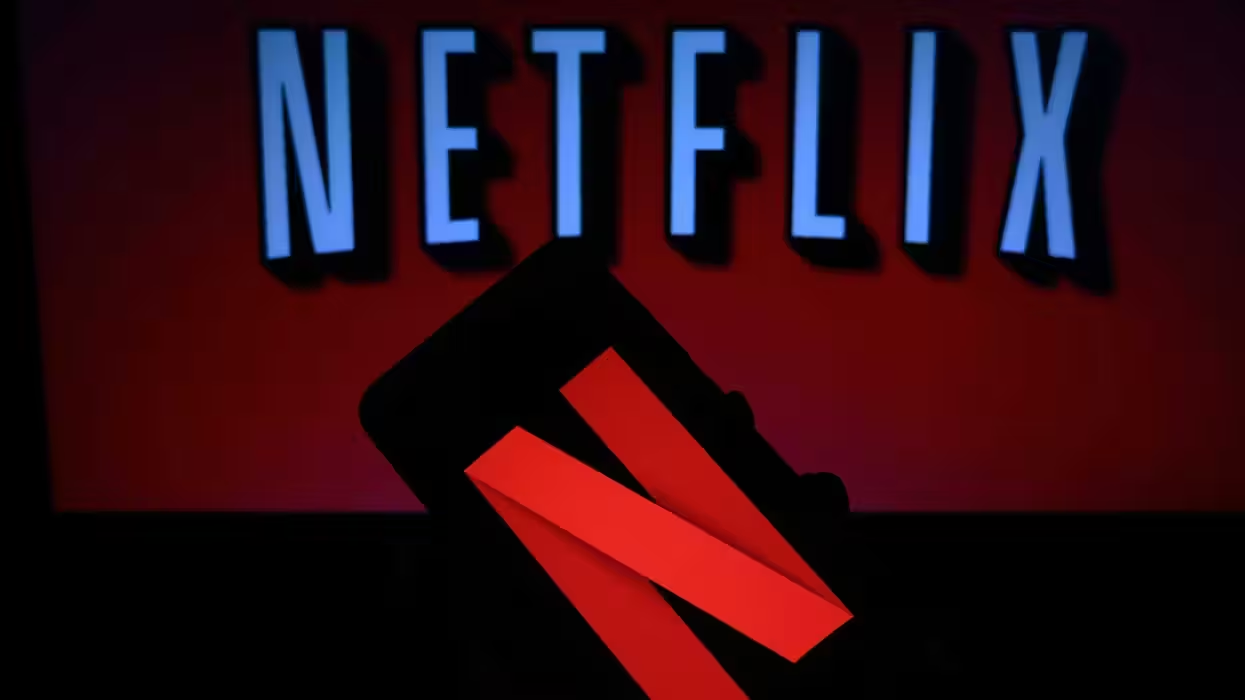Glenn Greenwald, the journalist responsible for breaking several big stories related to the National Security Agency, left The Guardian this week to join a new media venture backed by at least $250 million. The startup is supposed to focus on information, technology and politics, in the vein of WikiLeaks.
Henry Farrell, a George Washington University political science professor, explains in the Washington Post why this could dramatically shift the relationship between the government and the news media:
On the one hand, people like [WikiLeaks founder Julian] Assange, Greenwald and [NSA leaker Edward] Snowden need newspapers or similar media outlets. Without some such outlet, they are voices in the wilderness. On the other hand, exactly because newspapers play a crucial political role in validating knowledge, they have complicated relationships with governments and politicians. This leads them to actions which people like Assange and Greenwald are likely to see as compromises with power.
And this is why the new venture is so interesting. It will likely shape up as a serious journalistic enterprise. Capital of USD $250 million can hire some very good people. The venture has the potential to become the kind of news source that can turn information into knowledge. Yet it doesn’t sound as if it’ll be bound by the kinds of political relationships that most newspapers are embedded in. ...
If this works, it is likely to change the relationship between information, knowledge and politics in some very interesting ways. Most obviously, it will make it even harder for the U.S. government to control the politics of leaks by pressuring newspapers not to publish stories that it thinks hurt the national interest.
@eScarry







